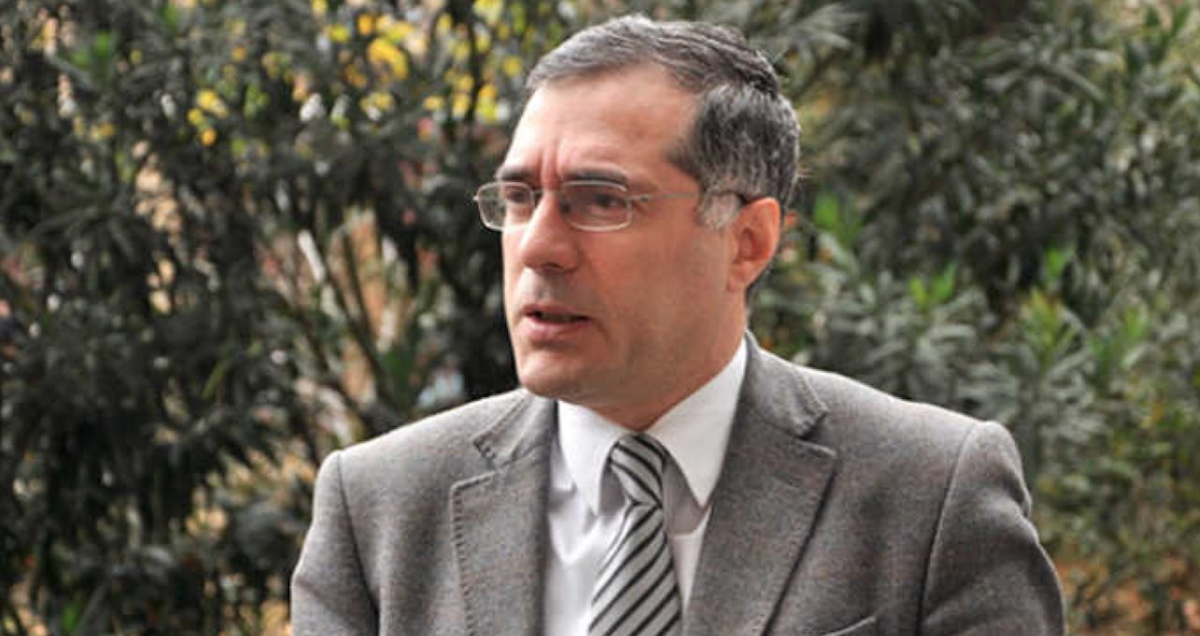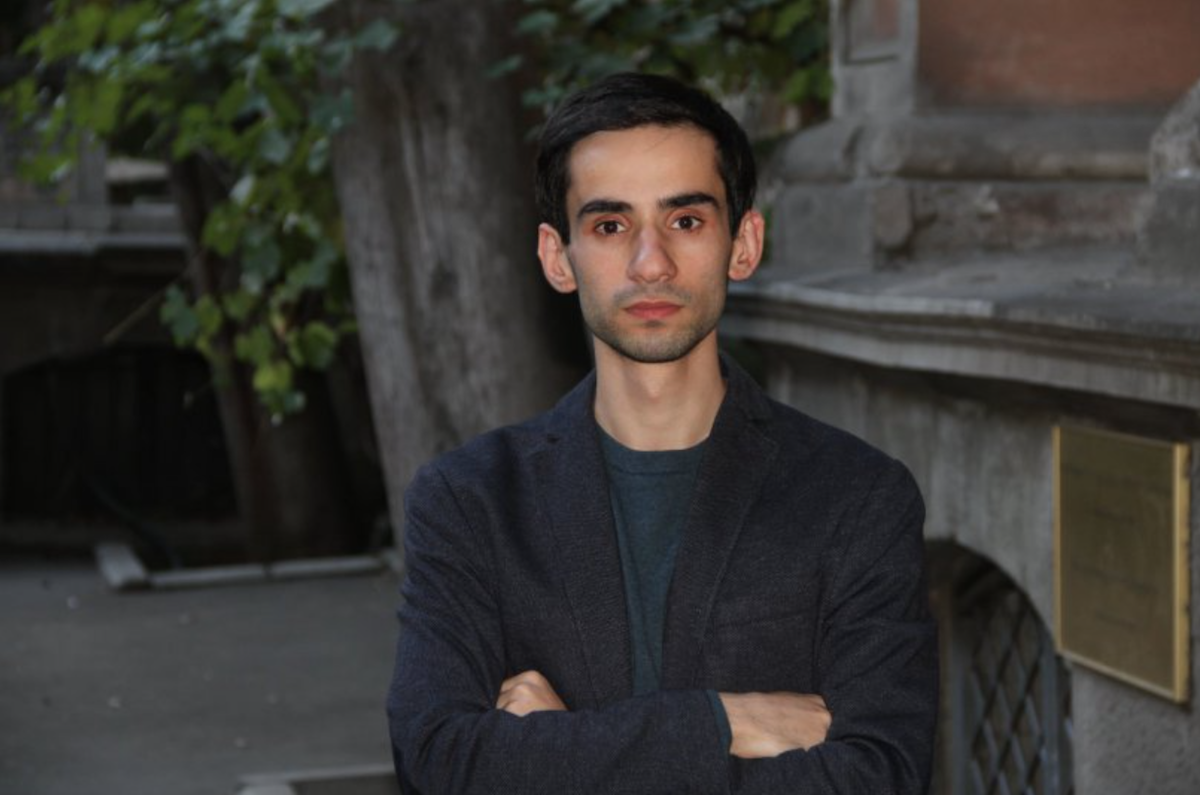Transparency International on crackdown on foundations in Georgia: “state calls aid a crime”
Transparency International on Georgia’s fund crackdown
The Georgian Dream government is not only trying to suppress protests through police violence, but is also effectively criminalizing support for protesters, according to Transparency International Georgia (TI).
The organization states that the ruling party is trying to instill the idea that helping someone who is unjustly persecuted and oppressed by the state is a crime against the state itself.
On April 28, the Prosecutor’s Office carried out coordinated searches of the homes of foundation leaders who had supported protesters and political prisoners. The homes of Nanuka Zhorzholiani, Mariam Badzhelidze, Guga Khelaya, and Aleko Tsikitishvili were raided based on a court order stating the investigation relates to charges of “sabotage” and “assisting a foreign state or organization in hostile activities.”
Earlier, the Prosecutor’s Office froze the bank accounts of funds that had provided financial help to fined protesters and families of political prisoners. These included the Nanuka Fund, the Nika Gilauri Fund, and the Tbilisi Human Rights House.
What does the TI report say?
● Recently, the ruling Georgian Dream party has been using various legislative tools aimed at suppressing protests in the country and creating obstacles to public participation in them;
● The Ivanishvili government is not only attempting to suppress protests through police violence but is also effectively criminalizing participation in protests and providing assistance to protesters in order to protect them from abuse;
● A clear example of this is the repressive criminal measures taken by the Ivanishvili government against funds that support protesters and political prisoners—commonly referred to as “solidarity funds.” These actions have nothing to do with law and order. Their real aim is to eliminate any form of protest, regardless of how peaceful or constitutional it may be, and to stifle citizens’ desire for solidarity and mutual aid through the abuse of criminal justice procedures;
● The public first became aware of repressive actions against solidarity funds in early December 2024, when Nanuka Zhorzholiani, head of the Nanuka Fund, announced on social media that, according to her information, the State Security Service had requested financial documentation about her charity from commercial banks.
● In mid-March 2025, it was revealed that the Prosecutor’s Office filed a request in court to freeze the bank accounts of several organizations, including the Nanuka Fund, Prosperity Georgia, Friend for Friend 24/7, the Shame Movement, and the Tbilisi Human Rights House;
● The Ivanishvili-controlled prosecution is effectively declaring any protest activity and assistance to protesters — even nonviolent protective support or help with paying fines — a crime against the state;
● The case against the funds clearly reflects the interests of Ivanishvili and the ruling party. The investigation lacks specific evidence linking the targeted organizations or individuals to any criminal activity. In an independent court, the absence of such evidence would likely lead to dismissal of the case;
● These prosecutions were preceded by smear campaigns conducted by anti-Western and pro-government propaganda media outlets such as Imedi, POSTV, the Public Broadcaster, and Rustavi 2. The specific investigative actions can be viewed as part of these discreditation efforts;
● It is clear that, beyond trying to suppress the protest movement, Ivanishvili and the ruling party are effectively criminalizing solidarity among citizens. They are trying to instill the notion that helping someone unjustly persecuted and oppressed by the state constitutes a crime against the state;
● These cases are yet another stark example of state capture by the ruling party and Bidzina Ivanishvili. Notably, no state institution has questioned the legal basis or legitimacy of the ongoing “investigation” against the funds. It is evident that all government bodies and institutions — the courts, the Prosecutor’s Office, the State Security Service, and others — serve Ivanishvili and the ruling party.
News in Georgia




















